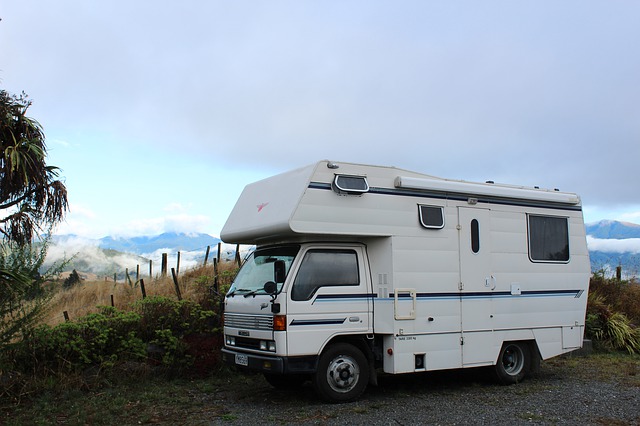This Content Is Only For Subscribers
Transport Minister Chris Bishop has proposed reducing the requirements for owners of vintage cars and motorcycles, and private motorhomes, from six months to one year.
This proposed change has been met with opposing opinions in the motoring industry.
Bishop says this change looks to “reduce unnecessarily onerous compliance requirements for owners of vintage cars, vintage motorcycles and privately owned motorhomes”.
“There are around 128,000 vintage vehicles in New Zealand, and about 39,000 private motorhomes. At present the owners of these vehicles must spend time and money on Warrant of Fitness or Certificate of Fitness inspections every six months.
“That’s despite motorhomes and vintage light vehicles travelling much less per year compared to most modern cars, and evidence showing that faults in these vehicles are half as likely to have contributed to serious crashes involving these vehicles. That’s true even when factoring in the smaller numbers of motorhomes and vintage vehicles on our roads.”
It’s a move that New Zealand Motor Caravan Association CEO Bruce Lochore says they’ve been asking for.
“We’re very supportive of this proposed change.
“We’ve been asking for this for years, and we’re very happy that this Government has taken a common sense approach to CoFs for motorhomes.
“Motorhomes usually only do great distances over a short period of time and we think a six month CoF requirement is unnecessary.”
However, two safety organisations have spoken out, saying this proposed change is “not supported by failure rate data” and raises safety concerns.
The Motor Trade Association and Vehicle Testing New Zealand – which together represent approximately two-thirds of vehicle inspectors – appreciate the intentions of the change and support the general principle of reducing red tape, but say the safety of road users must come first.
“The consequences of an accident involving a motorhome can be catastrophic,” says MTA CEO Lee Marshall.
“Over the past three years the failure rate for motorhomes is around 28 per cent,” says VTNZ CEO Greg O’Connor.
“And for motorhomes more than 20 years old, that increases to 48 per cent. That does not suggest a safe overall fleet.”
The two organisations propose an alternative framework changing the CoF frequency to annually for newer motorhomes, and retaining six-monthly checks for motorhomes over 20 years old.
Both MTA and VTNZ say they do not oppose changing the Warrant of Fitness frequency for vintage vehicles in the submission, as such vehicles are usually well-maintained and prized, and there is no evidence it would raise safety concerns.
Bruce says this approach is “a bit of scare mongering really” as he says the only truly independent organisation’s data that should be considered is NZTA’s data.
“NZTA’s data states motorhomes 39 years and younger where death or serious accidents occurred and where vehicle factors contributed to a crash between 1983 -2024 was three at a 0.001 per cent of accidents involving motorhomes.
“Hardly the threat painted by VTNZ and MTA,” he says.



